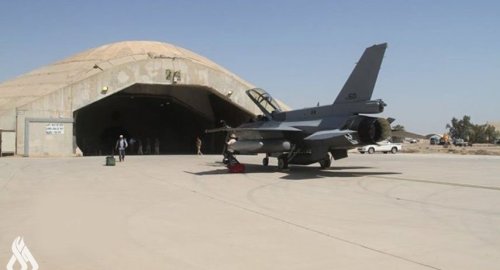Investors pay high price as judges target Lebanese banks
BEIRUT: A Lebanese judge has issued a travel ban against Creditbank Chairman Tarek Khalife and frozen the bank’s assets, including properties and vehicles, as part of an investigation into alleged money laundering.
Mount Lebanon Public Prosecutor Judge Ghada Aoun issued the order after activists filed a lawsuit against several Lebanese banks.
Creditbank is the sixth lender Aoun has taken action against after Bank of Beirut, SGBL, Bankmed, Bank Audi and Blom Bank.
It is the second judicial measure taken within 24 hours against banks in Lebanon.
Earlier, Judge Miriana Anani, head of the Enforcement Department in Beirut, seized all the shares, properties and assets of one of Lebanon’s largest banks, Fransabank.
The assets will be auctioned if the bank fails to return a deposit belonging to Ayad Garbawy Ibrahim, an Egyptian national who is among hundreds of depositors unable to access his funds at Fransabank.
Ibrahim is taking legal action against the bank to recover the $35,000 he claims is owing.
Judge Aoun on Thursday also issued an arrest warrant for Raja Salameh, brother of the governor of the central bank, Riad Salameh, following an investigation.
The Pioneers of Truth activist group said that Salameh had been arrested on the basis of a complaint it filed 10 days ago accusing him of money laundering through fake companies.
The judicial proceedings have angered the banking sector, and the Association of Banks is expected to discuss strike action at a general assembly on Friday.
Prime Minister Najib Mikati described the judges’ decisions as “arbitrary and irrational judicial proceedings.”
“With all due respect to the judiciary, there is a general impression that some of what is happening does not conform with the judicial norms,” he said.
“The rights of depositors are our priority. However, the exaggerated way through which the judicial rights and issues related to banks are being tackled is dangerous and could undermine the remaining confidence in the banking system.”
Mikati said: “The depositors will, once again, pay the price, and I am afraid things will escalate if defects are not addressed.”
Lebanon’s financial crisis is worsening in the absence of any reforms to alleviate it.
Banks have continued to seize the funds of dollar depositors and prevent transfers, and Lebanon has stopped paying all maturing Eurobonds.
However, the Association of Banks said that it rejects “unlawful actions and abusive practices against them.”
The association warned that “continued arbitrary and illegal measures against banks are damaging the banking sector and the interests of depositors are most adversely affected, especially in the light of the negative repercussions of their relations with foreign correspondent banks.”
It described these measures as “the blow to the remainder of the Lebanese economy.”
Experts say that the seizure of Fransabank assets could have repercussions for all banks.
“Unfortunately, the victim of what is happening is the depositor,“ financial expert Dr. Walid Abou Sleiman told Arab News.
The judicial decisions, if implemented by banks, “will result in the confiscation of the depositors’ funds allowed by the bank,” he added.
He said that the banking supervisory committee must act fairly with depositors, and banks must address depositors and reassure them regarding their deposits.
Abou Sleiman called for an end to “false promises and vague slogans,” adding: “Deposits are confiscated, capital control has not been approved and withdrawal funds from IMF are being obfuscated.”
Charles Arbid, head of Lebanon’s Economic and Social Council, supported the call for banks to “open up to their depositors regarding their deposits and develop a road map for their return to be implemented.”
He said the silence of the banks was unacceptable. “Obstinacy is hurtful and irresponsible. A just and balanced understanding is required.”
In its statement, the Association of Depositors said that “banks will not return the deposits in friendly ways and, accordingly, there is no choice but to turn to the judiciary and seize the property of banks that have been humiliating and robbing depositors for two years.”

Lebanese president to visit Vatican next weekJapan, Lebanon sign technical cooperation agreement






